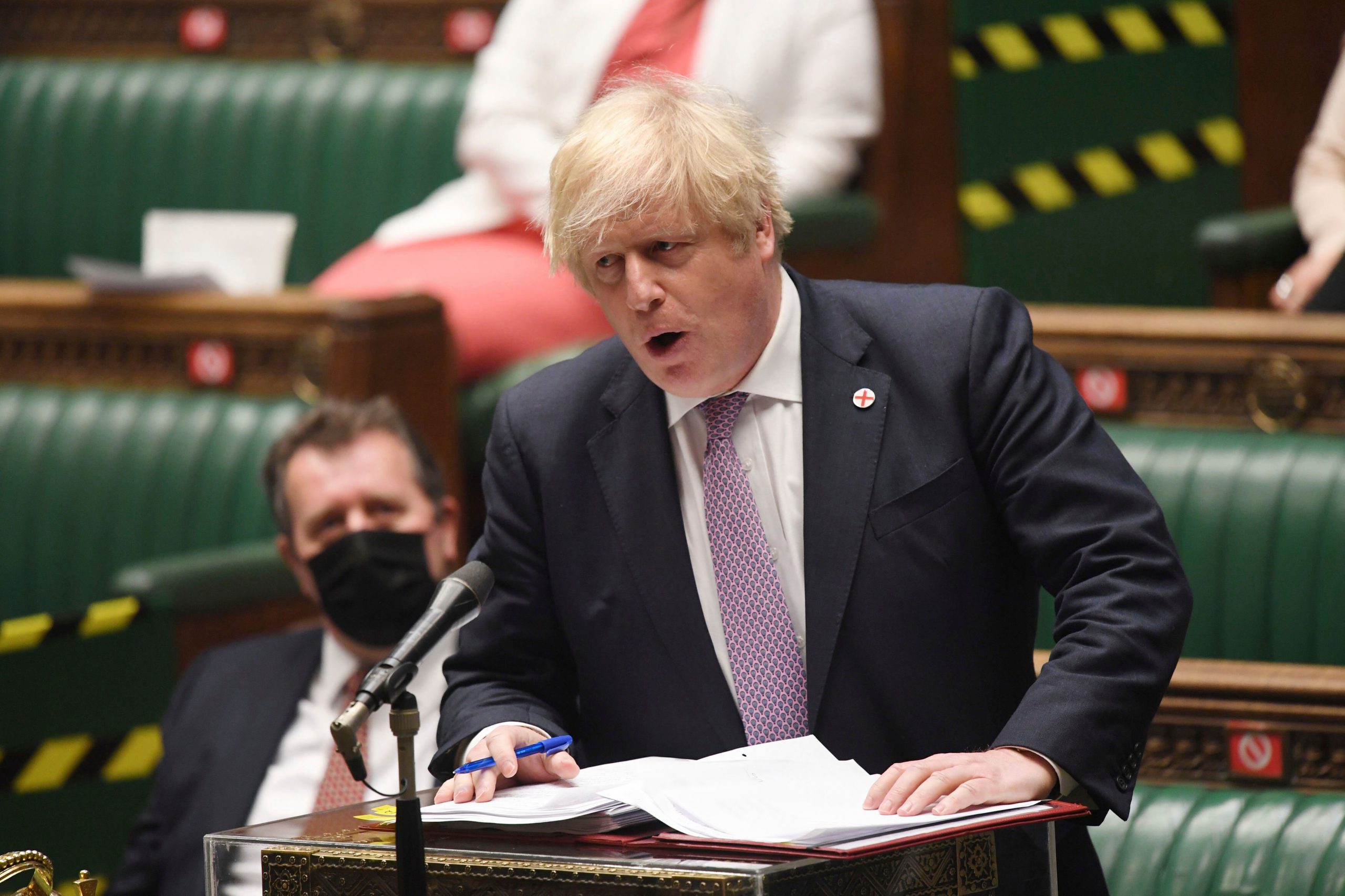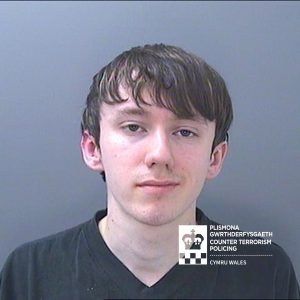British Prime Minister Boris Johnson will self-isolate when not working, Downing Street said on Sunday, a day after Health Secretary Sajid Javid tested positive for COVID-19. Johnson will undertake “only essential government business” in the coming week after he was designated a close contact of an infected person.
Finance Minister Rishi Sunak was also designated a close contact, however, along with the Prime Minister, he is part of a government pilot scheme that will enable them to continue working, AFP quoted a spokesperson as saying.
Also Read | Will UK ministers self-isolate after Health Secretary’s COVID positive test
As part of this scheme, individuals must undertake daily tests and self-isolate when not at work. This comes a day ahead of the lifting of most COVID restrictions in England.
“The prime minister and chancellor have been contacted by NHS (National Health Service) Test and Trace as contacts of someone who has tested positive for Covid,” the Downing Street spokesperson said.
“They will be participating in the daily contact testing pilot to allow them to continue to work from Downing Street.
“They will be conducting only essential government business during this period.”
Also Read | Third time the charm? All you need to know about COVID-19 booster shots
Javid had a “lengthy” meeting with Johnson on Friday, according to the Sunday Times. The prime minister nearly died of Covid last year.
Javid also appeared alongside ministers in parliament last week, and one government source told The Telegraph newspaper: “I don’t see how half the cabinet doesn’t end up in isolation by the end of the week.”
Javid has only been in the job since late June, when former health secretary Matt Hancock resigned following revelations he had broken coronavirus restrictions during an affair with a close aide.
Javid stressed he has received both doses of a COVID vaccine and his symptoms were “very mild”. He said any member of the public feeling symptoms should get a test too.
“If everyone plays their part, you’re not only protecting yourself and your loved ones, but you’re also safeguarding the NHS and helping to preserve our way of life,” the minister said.







